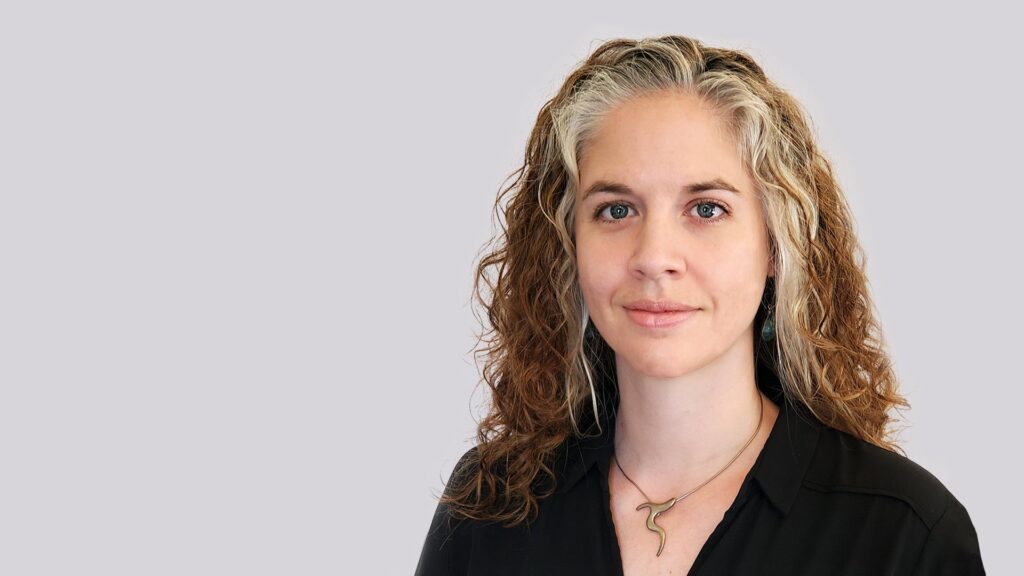Alexa Schmitz and Sean Medin, co-founders of I-Corps alumni startup REEgen, are using biological engineering to make the extraction and purification of rare earth elements (REE) more environmentally friendly.
Electric vehicles, wind turbines, and other green energy solutions are critical for combating climate change. However, the production of these new technologies relies on REE, and mining for these elements can cause environmental destruction. Although recycling REE-containing products such as fluorescent bulbs, consumer electronics, and magnets can mitigate these negative impacts, the recycling rate is below 5%.
That’s where REEgen’s technology comes in.
Through research in the Barstow Lab at Cornell University, Schmitz and Medin have engineered bacteria to leach REE out of minerals and recycled materials. In a process called photoleaching, the microbes extract REE out of rocks using organic acids.
The new technology replaces the most environmentally damaging steps in REE recovery, which will make the process cleaner, improve the global supply of REE, and allow clean energy technologies to be adopted at a higher rate.
In 2021, Schmitz and Medin completed a National Science Foundation (NSF) I-Corps Regional Course hosted by the UNY I-Corps Node and Cornell University, and Schmitz said the experience helped her gain clarity about REEgen’s potential.
“That course had a huge influence on the development of our business,” Schmitz said. “Taking that course then made us realize just how much the world wanted what we were giving. The take home is how enthusiastic and how eager the United States is for sustainable technologies for extracting and purifying rare earth elements.”
The regional course helped the REEgen team identify a potential two-sided market for their technology. On the supply side, they identified Environmental Directors of coal fired powerplants as customers — they have REE feedstocks that they need to dispose of. On the demand side, they identified Directors of Operations at metal alloy manufacturing plants who need to buy a variety of purified REE.
To increase their understanding of customer needs, Schmitz and Medin are participating in I-Corps Teams, NSF’s national I-Corps Teams program this summer.
“We really need to get at that question of what it would actually take for our customers to try to move into the sustainable production sphere,” said Schmitz.
After completing I-Corps Teams, Schmitz will begin a two-year fellowship with Activate NY. The program supports fellows working to turn their technological concept into a marketable product, providing a yearly living stipend, research funding, mentorship, and research tools and facilities.
Andrea Ippolito, Director of W.E. Cornell, and a national I-Corps instructor, informed Schmitz about the Activate fellowship and encouraged her to apply. W.E. Cornell supports women and nonbinary STEM Ph.D. candidates and postdocs commercialize their innovations and overcome the challenges of leading a growing tech-based business.
“It was great connecting with this woman entrepreneur who was successful and who was fighting for me and others like me to succeed,” Schmitz said of Ippolito. “Knowing that that is available is half of the process.”
At the inaugural Women Innovator Awards hosted by the Cornell Center for Technology Licensing in June, Schmitz won a Rising Women Innovator Award for her work with REEgen. She has also been accepted into the SBIR/STTR Assistance Program and plans to pursue a Small Business Innovation Research (SBIR) Phase I award in the fall.
Over the next five years, Schmitz plans to prototype, scale up her technology, and get a product on the market.
Schmitz urges other STEM researchers to explore the market potential of their innovations.
“If you think you’ve got something, even if you’re really unsure, just throw it out there,” she said. “Just go see. I feel like the regional I-Corps program was an amazing way to investigate that and follow that inkling of an idea.”
Editor’s note: This story originally appeared on the UNY I-Corps Node blog. On January 1, 2023, the UNY I-Corps Node will transition to the Interior Northeast I-Corps Hub.


